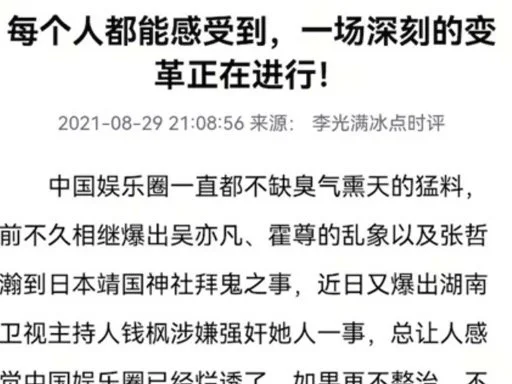Book review: Foreigners Under Mao by Beverley Hooper
September 6, 2021
THE FIRST thing that strikes me about Beverley Hooper’s Foreigners under Mao, a fascinating account of all the miscellaneous foreigners who lived in China from 1949 to 1976, is how long most of these idealists, ideologues and misfits survived.
Maybe it was a testament to the relatively privileged conditions they lived in: though they suffered as much as anyone from the persecutions of the Cultural Revolution, they were shielded, by and large, from the worst of China’s poverty and deprivation, and often given big homes, cars, chauffeurs and domestic servants. And perhaps they were also cut off from pernicious western bad habits like junk food, alcohol and tobacco.
David Crook, a British Stalinist turned Maoist who spied on Orwell in Barcelona, died at the age of 90 in 2000 after a tumultuous life in China, which included more than four years of solitary confinement in a Beijing jail. His Canadian wife, Isabel, is with us still, at the age of 105. Robert Winter, an American “confirmed bachelor” who taught French and English literature at Tsinghua University, was 100 when he died in Beijing in 1987. Sidney Shapiro, one of the most well-known of Mao’s Western sympathisers, who also suffered terribly during the Cultural Revolution, died in 2014 at the age of 99. Sidney Rittenberg, an idealistic U.S. journalist who spent years in jail before returning home in 1977, died 10 days after his 98th birthday. Israel Epstein had another good innings, expiring in Beijing in 2005 at the age of 90. Rewi Alley, the New Zealand misfit (also jailed during the Cultural Revolution) died in Beijing at the age of 90 near the end of 1987. Joan Hinton, the American nuclear physicist, lived alone on her farm on the outskirts of Beijing until she died at the age of 88, in 2010.
The most fascinating character here is Alan Winnington, a British Marxist journalist and activist of working class origins who reported from the North Korean side during the Korean War and accused the Allies of using biological weapons against Korean leftists and burying them in “death pits”. London charged him with treason and eventually revoked his passport. In China, he helped train the early generation of Xinhua reporters but soon became disillusioned, defecting in 1960 to East Germany, where he became a crime writer and occasional actor before he death in 1983.
Britain’s first chargé d’affaires for Mao’s China, Humphrey Trevelyan, described this community as “the twilight brigade” driven by “private disturbance or maladjustment”. It is easy to think unkindly of them, but perhaps one should try to better appreciate the idealism - and the permutations of history - that brought them here. Above all else must have been the sense of significance, the pumping of oxygen into the ego that comes with being part of history. As Isabel Crook told Beverley Hooper:
We climbed up onto the Qianmen gate. There were a lot of us up there, including Lin Biao, commander of the troops that liberated Beijing, but it didn’t seem in the least strange that a few foreigners mingled among high-ranking officials. We were all wearing the standard-issue military uniforms. When some resident foreigners in the Legation Quarter saw us, they stared in astonishment!





